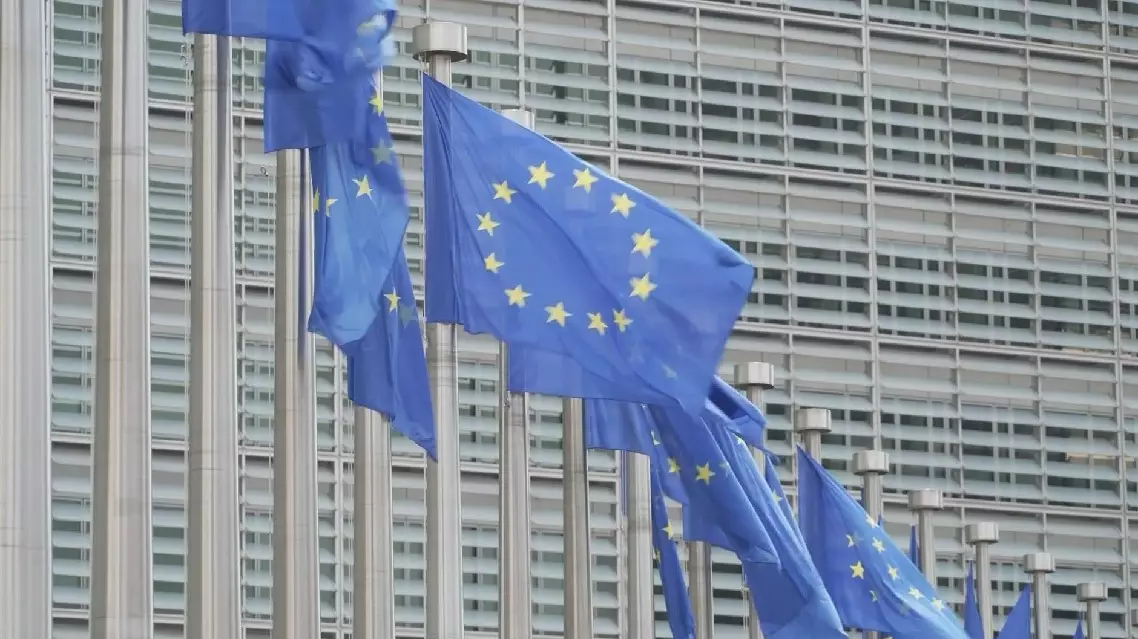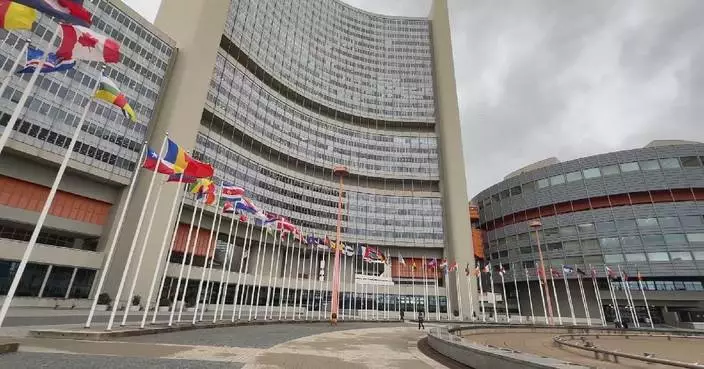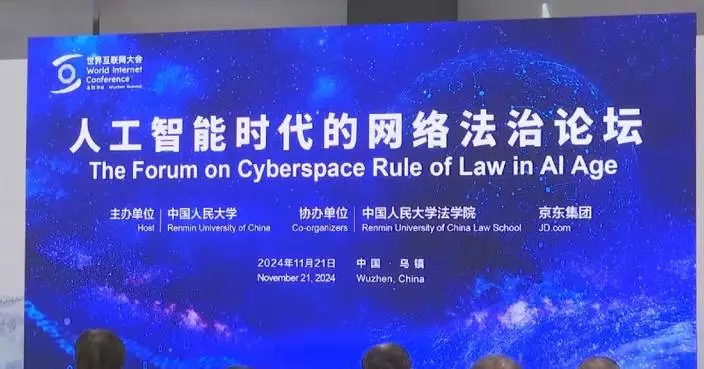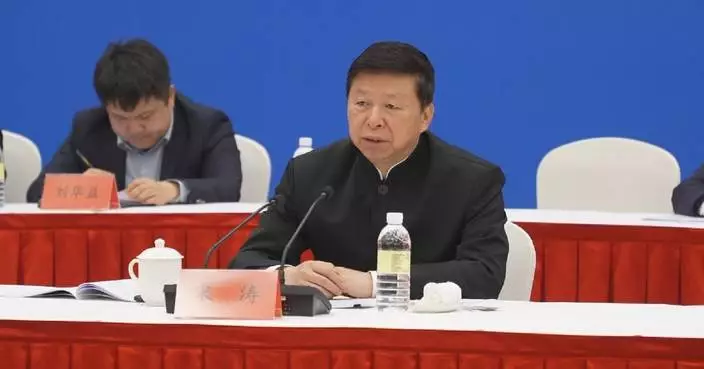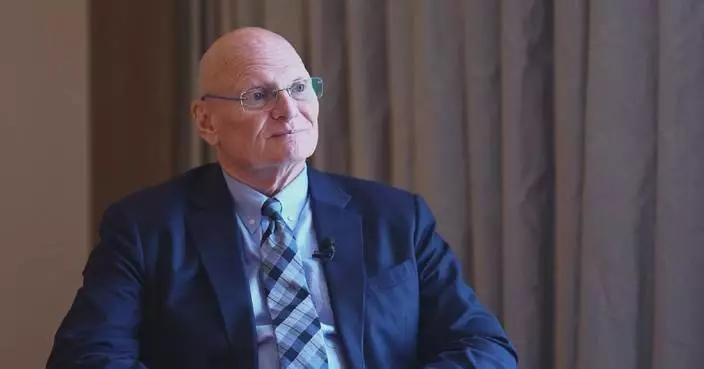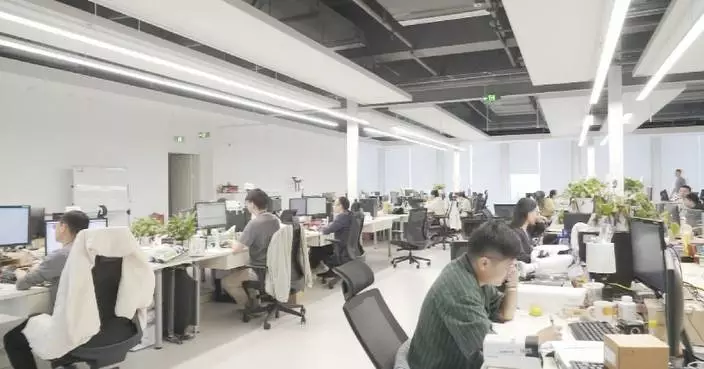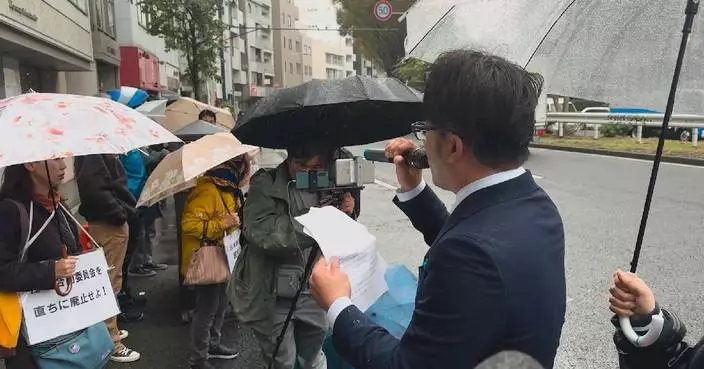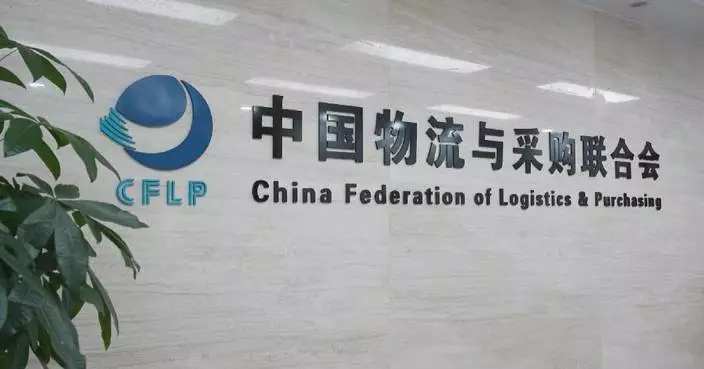Chinese President Xi Jinping's just-concluded state visit to Brazil has seen the elevation of China-Brazil relations to a community with a shared future for a more just world and a more sustainable planet, ushering in another "golden 50 years" for the bilateral relationship.
Xi's three-day visit to Brazil from Tuesday to Thursday came as this year marks the 50th anniversary of the establishment of diplomatic ties between China and the South American nation. It was also the Chinese president's first trip to Brazil in five years.
On Tuesday afternoon local time, President Xi arrived at the Brasilia Air Force Base to start his state visit to Brazil after concluding his participation in the 19th G20 Summit in Rio de Janeiro.
He was warmly welcomed by Brazilian senior officials at the airport. Dozens of Batala artists delivered an energetic performance of Brazilian drumming.
When Xi's motorcade drove from the airport to the hotel, a large welcoming crowd consisting of representatives of local overseas Chinese, Chinese-funded institutions, and overseas Chinese students waved the national flags of China and Brazil on both sides of the road and held up red banners conveying good wishes to the Sino-Brazilian friendship.
On Wednesday morning local time, the lush lawn was glittering at the Alvorada Palace, where 450 protocol soldiers lined up in salutation. Escorted by 120 Independence Dragoons, President Xi arrived by car at the square in front of the official residence of the Brazilian president.
President Lula, along with his wife Rosangela Lula da Silva, held a grand welcome ceremony for President Xi.
The military band played the national anthems of China and Brazil. The two presidents watched the march-past of the guard of honor together. Chinese and Brazilian children waved the national flags of the two countries to warmly welcome President Xi. A Brazilian artist sang the song "My Motherland" in Chinese language.
The two presidents shook hands with each other's entourage and exchanged greetings.
After the welcoming ceremony, the two presidents held talks. They announced elevating the bilateral relationship to a China-Brazil community with a shared future for a more just world and a more sustainable planet.
President Xi expressed his delight in visiting Brazil in a year of special historic significance, one that marks the 50th anniversary of China-Brazil diplomatic relations.
President Xi said he was deeply touched by the great importance President Lula attaches to the China-Brazil relations and his deep friendship toward the Chinese people, as reflected by the grand welcoming ceremony of highest courtesy accorded to President Xi.
China and Brazil are two major developing countries in their respective hemispheres. In the past 50 years, they enjoyed a relationship that transcends mountains and seas, and found a right way for major developing countries to get along with each other, one that is based on mutual respect, mutual benefit, amity and win-win cooperation.
Brazil is the first country to establish a strategic partnership with China, and the first Latin American country to establish a comprehensive strategic partnership with China. In recent years, under the joint strategic guidance of President Xi and President Lula, the two countries are increasingly becoming reliable friends with a shared future and positive forces for peace, and the bilateral relationship is at its best in history.
It has served not only to increase the well-being of the two peoples, but also to uphold the common interests of developing countries and grow the strength and voice of the Global South, making a remarkable contribution to world peace and stability. President Xi noted that Wednesday marks another historic moment in China-Brazil relations as the two sides have elevated their relationship to the community with a shared future for a more just world and a more sustainable planet, and connected the Belt and Road Initiative with Brazil's development strategies.
After the talks, the two presidents signed a Joint Statement between the People's Republic of China and the Federative Republic of Brazil on Jointly Building the China-Brazil Community with a Shared Future for a More Just World and a More Sustainable Planet.
Together, the two presidents witnessed the signing of the Plan of Cooperation Between the People's Republic of China and the Federative Republic of Brazil on Synergizing the Belt and Road Initiative with the Growth Acceleration Program, the New Industry Brazil, the Ecological Transformation Plan, and the Program on South American Integration Routes.
During the visit, the two sides also signed another 30 plus cooperation documents in the areas of economy and trade, investment, agriculture, the digital economy, sustainable development, science and technology, artificial intelligence, and global development cooperation, among others.
The two heads of state jointly met the press after their talks at the Alvorada Palace.
"It has been five years since I last set foot on this land of love and hope. I've just had cordial, friendly and fruitful talks with President Lula. We took stock of the past 50 years of China-Brazil relations and agreed that the relationship is at its best in history," Xi said.
"We reached new strategic consensus on the future of China-Brazil relations. The most important decisions are to elevate the bilateral relationship to a China-Brazil community with a shared future for a more just world and a more sustainable planet, and to align the Belt and Road Initiative with Brazil's development strategies," he said.
President Xi departed Brasilia on Thursday local time after wrapping up his state visit to Brazil.
Brazilian senior officials bid farewell to Xi at the airport.
On the way to the airport, representatives of overseas Chinese, Chinese institutions and students waved the national flags of China and Brazil on both sides of the road, congratulating Xi on the complete success of his visit.
Brazil was the second stop of Xi's two-nation tour in South America, which first took him to Peru. In Lima, he attended the 31st APEC Economic Leaders' Meeting, paid a state visit to Peru, and held a flurry of bilateral meetings, including a sit-down with his U.S. counterpart, Joe Biden, on the sidelines of the APEC summit.
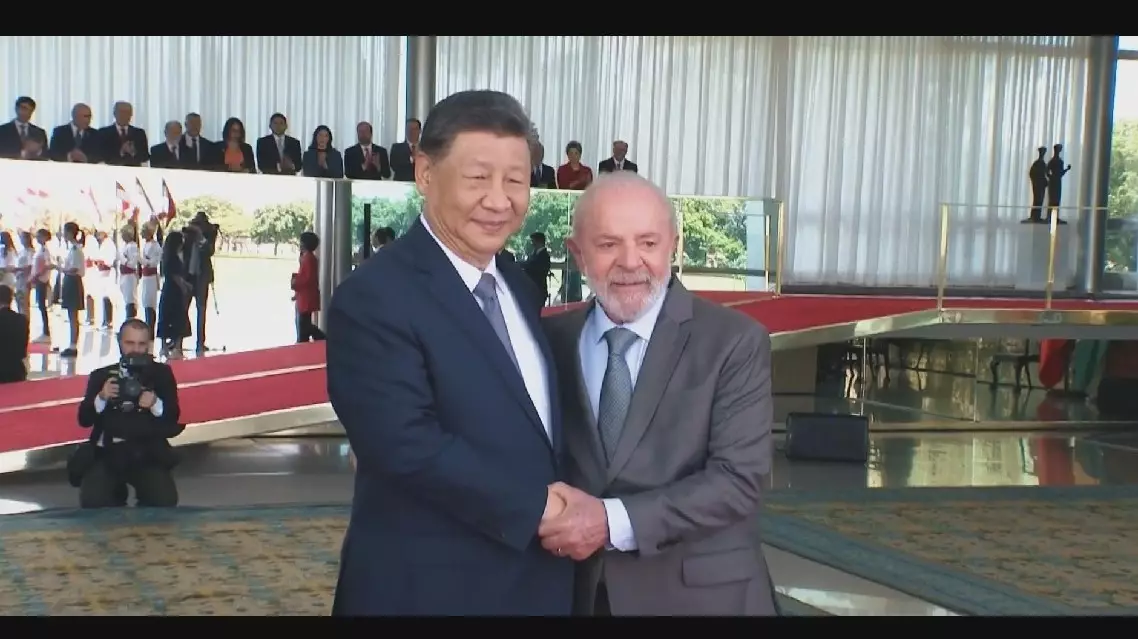
Xi's state visit to usher in another 'golden 50 years' for China-Brazil ties


